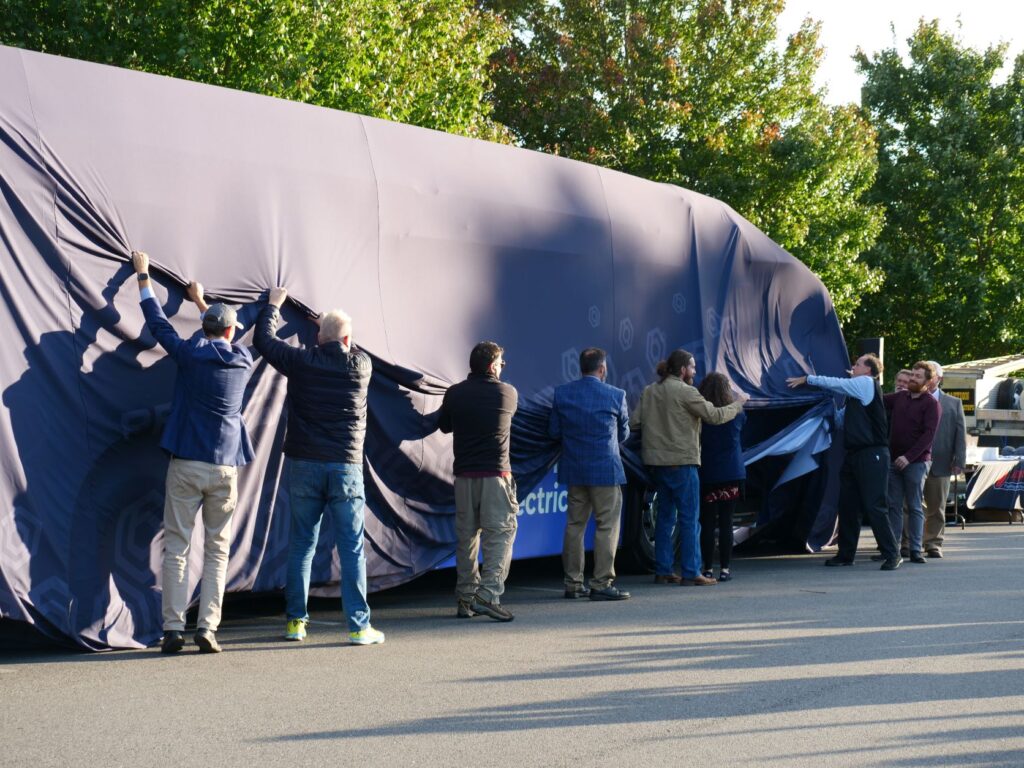Electrifying the Fleet
AppalCart, the High Country’s community bus system, has partnered with the Town of Boone and Watauga County in their goal of reaching a sustainable, zero-emissions public transit system by 2050. The transit agency has taken some significant strides to date to help ease highway congestion and reduce emissions, including the introduction of a double-decker bus. Recent grants from the NC Department of Environmental Quality helped to take these efforts to the next level, by providing Appalachian State University with over $1 million in funding to bolster its sustainability initiatives. This funding marks an important investment, as a new electric battery system costs $874,000 alone. While these dollars are instrumental in helping to cover the upfront cost of the vehicle, the long-term costs will be minimal compared to the typical internal combustion engine counterpart. These electric buses will provide both maintenance and fuel cost savings while being able to handle the typical route with 175-242 miles per charge.
A National Leader in Sustainability
Transitioning to an electrified AppalCart fleet further supports the university’s reputation as being one of the pioneers of sustainability in the UNC school system. For instance, the school scored 97 out of 99 on Princeton’s Green Rating scale in 2022 and is commonly regarded as one of the leading sustainable universities worldwide. Other notable sustainability initiatives include carbon-neutral commuting, the use of locally sourced foods, and a zero-waste stadium. The campus is also located in the Town of Boone, another NCSEA member, which recently committed to powering the entire town with 100% clean energy by 2050.
Each year, Appalachian State also hosts a conference called the Appalachian Energy Summit (AES), an initiative designed to highlight clean energy and energy efficiency efforts across the state of North Carolina. The summit boasts representatives from notable organizations, such as the NC Department of Transportation, UNC School System partners, and the State Energy Office alongside students and staff from various universities.
Appalachian State fosters a collaborative network of student and staff-led organizations that positively impact the community. The university effectively connects these overarching efforts with local initiatives to provide an avenue for a more sustainable way of living. What is most remarkable about Appalachian State’s work towards sustainability is how it effectively connects these overarching efforts with individual local initiatives. This allows for a more sustainable university while offering an avenue to achieve a more sustainable way of living. Make sure to take a trip up the mountain to see the clean energy transition yourself – from the on-campus wind turbine to a mountain-shaped PV array and now an all-electric Appalcart, Appalachian State is leading the charge in sustainability!


